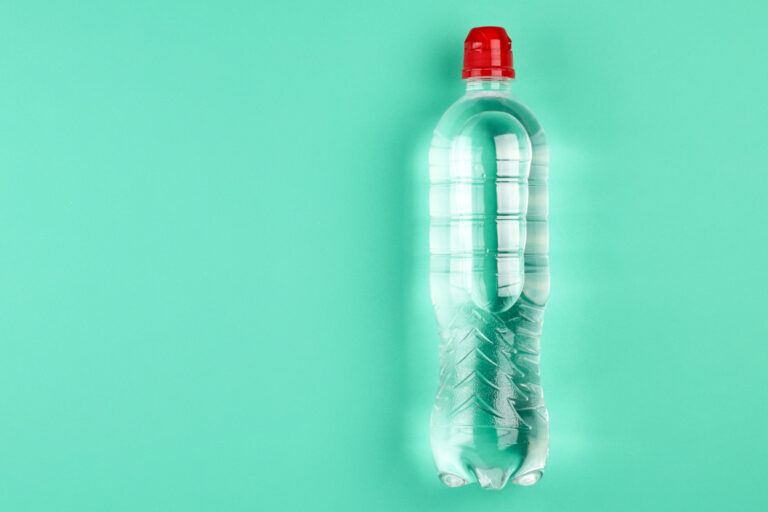Most of us never think twice about the meat we eat—especially if it’s cooked, seasoned, and served up hot. After all, isn’t cooking supposed to kill off most harmful things lurking in our food?
That’s exactly what I assumed—until I stumbled across something both terrifying and fascinating: prions.
Unlike bacteria or viruses, prions don’t die in boiling water. They don’t even flinch at intense grilling. And worst of all?
They can silently destroy your brain… years after you’ve eaten them.
The dinner that haunted science: a tragic revelation
Let’s rewind to the late 1980s and early 1990s in the UK. Cows began behaving strangely—staggering, losing coordination, and dying. The cause? Bovine spongiform encephalopathy, or BSE, is famously dubbed “mad cow disease.”
But the real horror broke out when humans, weeks or even years later, started showing symptoms eerily similar to BSE—memory loss, tremors, vision problems. It wasn’t just a coincidence. Scientists confirmed these people had developed a fatal brain disease: variant Creutzfeldt-Jakob disease (vCJD).
The link? They had eaten beef contaminated with prions from infected cows.
What the heck is a prion—and why should you care?
Here’s the wild part: prions aren’t alive. They aren’t bacteria or viruses. They’re misfolded proteins. But once they’re in your body, they slowly cause your healthy proteins to change shape too—like dominoes of destruction inside your brain.
And prions come with a horrifying superpower:
- They survive ordinary cooking and digestion.
- They sneak in through your gut’s lymphoid tissue—specifically via Peyer’s patches—and travel to your nervous system.
- They can lie dormant for years. Then, when symptoms begin, it’s already too late.
The science-backed shocker: prions don’t care if the meat’s well done
In real-world experiments, scientists have detected prions in both raw and cooked meat—including elk, which can carry chronic wasting disease, a cousin to BSE. In one case, even water used to boil elk meat tested positive for infectious prions.
This matters because many hunters and consumers think cooking kills every threat. With prions, that’s simply not true.
Still think you’re safe?
Worried you’ve never eaten contaminated meat? Think again. BSE entered the food chain through infected cattle feed long before officials caught on—affecting everything from burgers to baby food in the UK.
Plus, these deadly proteins aren’t just surviving in animals. They’re now found in soil, plants, and the wild—where species like deer and elk routinely pick them up… and pass them on.
Invisible, indestructible, and unpredictable
What makes prions so haunting is how uniquely destructive they are. They don’t reproduce like germs—instead, they recruit your body’s normal proteins to twist into new prions. As they build up, they destroy brain cells, leading to dementia, paralysis, and death.
And crossing the “species barrier” doesn’t stop them. While transmission is easier within the same species, strains like BSE jumped from cow to human with devastating effects. Now, researchers are studying how similar diseases in deer might make the leap next.
So what can we actually do?
- Stay informed: Know where your meat comes from, especially if hunting or consuming wild game like elk or deer.
- Use caution: Avoid consuming certain tissues like the brain or spinal cord, especially from suspect animals.
- Support food safety rules: Regulations exist for a reason—like banning certain animal feeds—to block prions from recycling through the food chain.
One bite. One moment. One irreversible mistake.
That’s the sobering truth about prion disease: you won’t feel it today, tomorrow, or next year. But decades later, it could suddenly reappear—as a vicious, untreatable condition that doctors can barely diagnose, let alone cure.
If anything, it reminds us of just how much (or how little) we really know about the food we eat. And that in some cases, a rare steak—or a wild elk roast—might hide more than just flavor.
So, before your next barbecue, ask yourself: Do you know what’s on your plate?




Leave a Comment